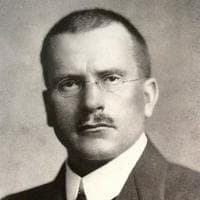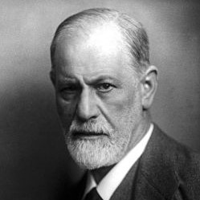Gordon Allport MBTI 성격 유형
인격
"Gordon Allport은 어떤 성격 유형입니까? Gordon Allport은 mbti의 INFP 성격 유형입니다. enneagram의 5w4 - sp/so - 549, big 5의 RCOAI, socionics의 ILE입니다."
NO WAY THAT THIS GUY ISN'T a INFP! He has a strong Fi, he is - as he says- shy and lonely (just like all introverts), this guy is wordy asf, and he has a keen love for a variety of words as he collected approximately 18,000 words from dictionaries just to describe the characteristics traits of the human personality, apart from all this he thought that the person has values that define their personalities and formed assumptions and questionnaires based on this, and he distinguished between motives and tendencies and considered the motive as an original reason and the tendency is a separate matter. For example, Someone’s motivation to enter politics, for example, is to improve society and help people, but this matter may develop into a tendency to take power/authority for the sake of power/authority. His quote: "The Personality is too complex to bind to our perceptions and concepts." reflects a strong Fi as well. He also prefers Ne, because he is the one who said that our personalities are not constant or consistent and when he provides an example of this, he suggests a character and then visualizes it in different situations, and after this he analyzes each situation through Fi to arrive at some conclusion about the personality of one of them.
전기
Gordon Willard Allport (November 11, 1897 – October 9, 1967) was an American psychologist. Allport was one of the first psychologists to focus on the study of the personality, and is often referred to as one of the founding figures of personality psychology. He contributed to the formation of values scales and rejected both a psychoanalytic approach to personality, which he thought often was too deeply interpretive, and a behavioral approach, which he thought did not provide deep enough interpretations from their data. Instead of these popular approaches, he developed an eclectic theory based on traits. He emphasized the uniqueness of each individual, and the importance of the present context, as opposed to past history, for understanding the personality.
인격 correlate

Carl Jung

Jordan Peterson

Sigmund Freud

Isabel Briggs Myers

Claudio Naranjo

Andrew Huberman

Katherine Fauvre

Viktor Frankl







